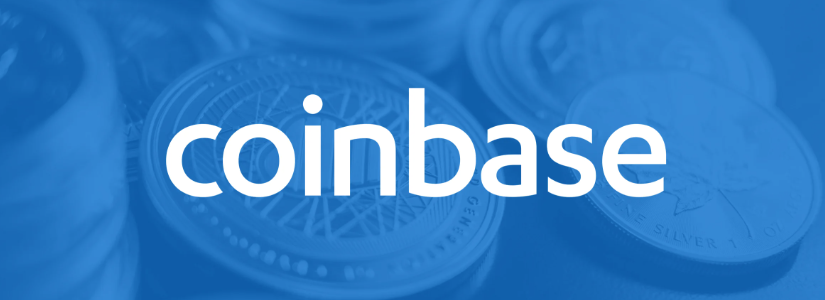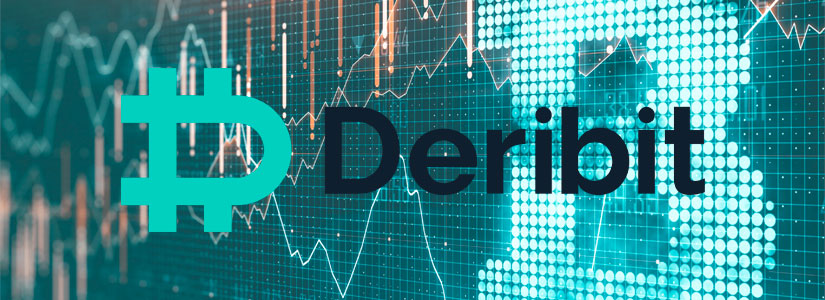TL;DR
- The CFTC removed two internal guidelines, which could pave the way for clearer regulation of crypto derivatives such as perpetual contracts.
- Coinbase and Kraken are moving forward with strategic acquisitions to strengthen their position in the derivatives market, anticipating a possible regulatory shift.
- The legalization of perpetual contracts in the U.S. could attract both retail and institutional traders, though regulatory hurdles remain.
Expectations around the potential approval of perpetual cryptocurrency futures contracts in the United States have started to gain momentum.
Although these instruments are not currently available to retail investors in the country, several regulatory and corporate developments suggest this could soon change. Perpetual contracts, which allow up to 100x leverage with no expiration date, are one of the most widely used tools globally for speculating on cryptocurrencies without owning the underlying assets.
Exchanges Prepare for the Derivatives Market
The Commodity Futures Trading Commission (CFTC) recently withdrew two internal guidelines, which may signal a move toward more uniform regulation for derivatives based on digital assets. At the same time, Coinbase Derivatives announced its intention to launch a product in the U.S. market with features similar to the perpetual contracts already offered on international platforms like Binance, which processes over $70 billion daily in this type of instrument.
The growing interest in this market is also tied to the more flexible regulatory environment promoted by the Donald Trump administration. The government has halted legal actions against crypto firms, publicly backed stablecoins, and proposed the creation of national reserves in digital assets. These measures have encouraged U.S.-based platforms like Coinbase and Kraken to explore mergers and acquisitions to boost their market position. Coinbase is in talks to acquire Deribit, while Kraken has agreed to purchase NinjaTrader for $1.5 billion.
Regulatory Hurdles Ahead
The introduction of perpetual contracts in the United States could appeal to both retail and institutional traders. The former seek high-volatility products with a low entry cost, while the latter could benefit from broader access to financial tools aligned with their risk frameworks. However, the legality of these instruments still faces several challenges, especially regarding retail access outside of registered platforms.
Although some investors already access these products through private networks or foreign entities, the sector’s focus is on attracting new users through clear regulations and appealing products. Progress will depend on whether regulators impose leverage limits or set specific requirements to mitigate risks.













